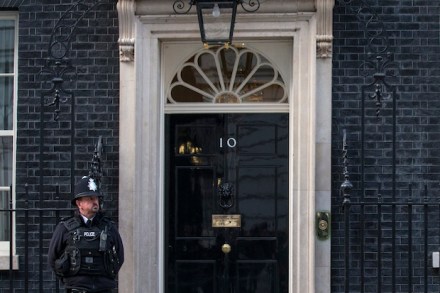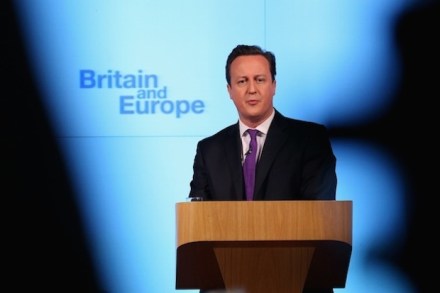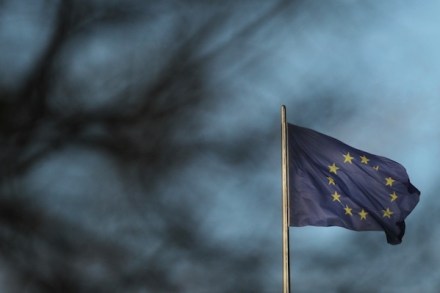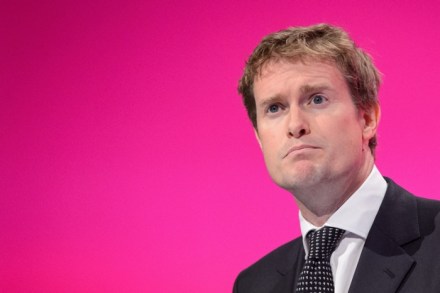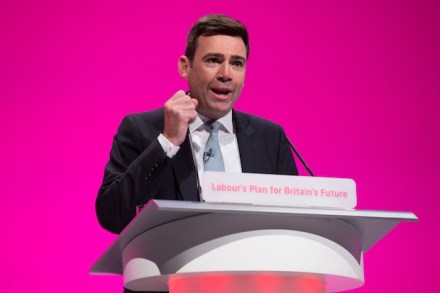Why the Tories will probably get away with defence cuts
On election night, between the exit poll suggesting the Conservatives would be back in a coalition government and the slow realisation that they were heading for a majority, Defence Secretary Michael Fallon was heard remarking to colleagues that the UK might just end up maintaining defence spending at 2 per cent of GDP after all. He was banking, for a few hours anyway, on the DUP playing enough of a role in the formation of the next government that the Tories would have to commit to maintaining spending at that level – the target set by Nato and endorsed by David Cameron – in order to bring Nigel Dodds and








